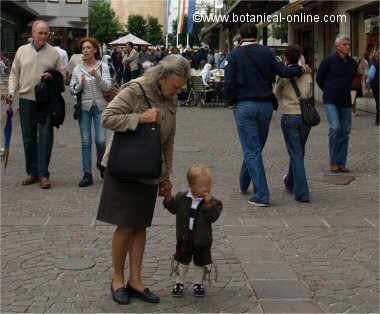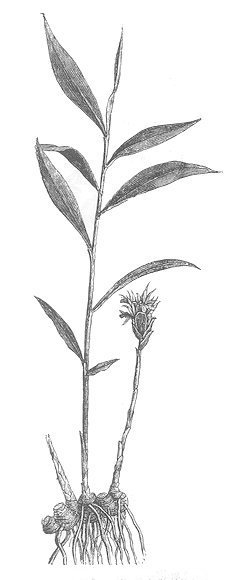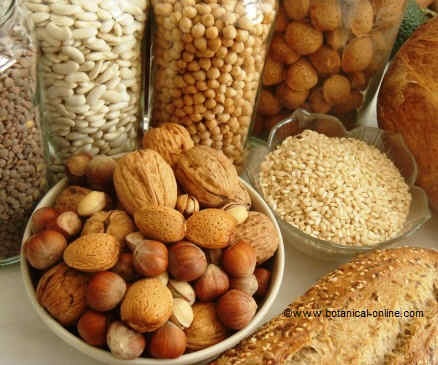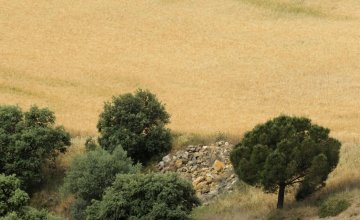Contents
- 1 Periods of life when it is more difficult to follow a vegetarian diet
- 1.1 DIFFICULTIES OF A VEGETARIAN DIET
- 1.2 Life stages with increased needs
- 1.3 What are the consequences of neglecting any nutrients in certain stages of one’s life?
- 1.4 Pregnancy, lactation, infants and children in vegetarianism
- 1.5 What happens at these stages if we create a nutritional deficiency?
- 1.6 What if we do not generate any nutritional deficit?
- 1.7 VEGETARIANISM VIDEO
Periods of life when it is more difficult to follow a vegetarian diet
DIFFICULTIES OF A VEGETARIAN DIET
Life stages with increased needs
People included in the following cases have increased nutrients needs:
- Children in growth stage, that’s to say, from infancy to adolescence
- Pregnant women
- Infants
- The elderly
- People with certain diseases
These people are more likely to show a nutritional deficiency.
This does not mean they can not make a vegetarian diet, but if they want to do it, they should follow a thorough survey of the nutrients they consume.
What are the consequences of neglecting any nutrients in certain stages of one’s life?
Any lack of nutrients (vitamins, minerals, essential fatty acids, et..) is always very harmful, but it is of vital importance in certain stages of your life.
It can lead to harmful and irreversible consequences that could have been avoided only with control of food and probably with a further supplementation

Children and old people need greater vigilance in the intake of nutrients.
Pregnancy, lactation, infants and children in vegetarianism
A non-healthy diet, especially in stages of life where nutrient requirements are increased, can generate some type of nutritional deficiency, that will result in health problems.
This problem exists in the performance of any diet that does not provide all the required nutrients.
In non-vegetarian diet is unthinkable not to supplement a pregnant woman, because it is difficult to meet the high demand for nutrients that are required in order to avoid any deficit and for the baby to grow best.
Even more necessary is this supplementation in a vegetarian diet that involves increased dietary restrictions.
What happens at these stages if we create a nutritional deficiency?
Studies show that breastfeeding mothers with vitamin B12 deficiency, have given birth to children with disabilities and neurological disorders.
Nursing mothers deficient in omega-3 fatty acids, especially DHA, have given birth to children with impairments, visual and nervous disturbances. These mothers are also more susceptible to postpartum depression because of this nutritional deficit.
Vegan mothers are also associated with less weight in infants and they are less likely to have more than one baby at birth, compared to those fed with a mixed diet (animal and plant food).
In some cases, where mother’s vegan diet is not well structured, there are significant nutritional deficiencies, low weight in baby birth is such that, besides being considered severely malnourished, malnutrition has meant some spine malformations, easier fractures of bones and in, severe cases, babies ‘ death..
What if we do not generate any nutritional deficit?
If you do not present any nutritional deficiency, you can perform a vegetarian or vegan diet during certain life periods such as pregnancy, lactation, growth-age children and the elderly, provided that you cover all your needs and requirements.
If they can not be covered with food, nutritional deficiencies in vegetarians should be covered by additional supplementation, but in any case it should be left uncovered.
VEGETARIANISM VIDEO
*Related information:
– Special needs of a vegetarian diet.
– Benefits of a vegetarian diet.
– Disadvantages of a vegetarian diet.
![]() More information about vegetarianism.
More information about vegetarianism.








